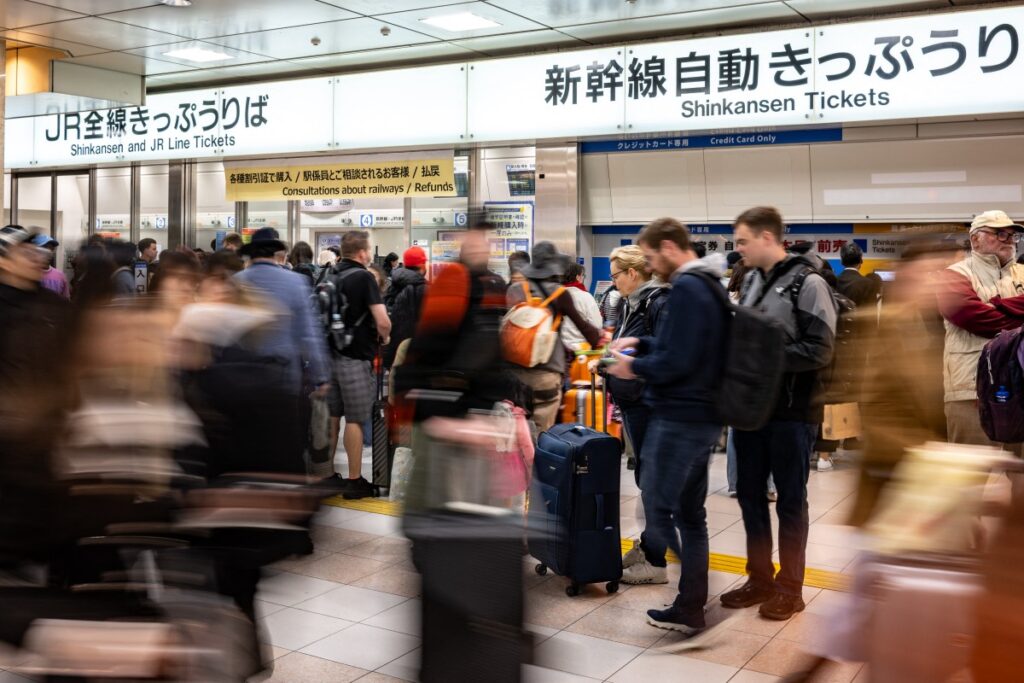
- ARAB NEWS
- 18 Jul 2025

TOKYO: Japan’s Cabinet has released its annual tourism white paper for the 2024 administrative year, revealing a notable decline in domestic travel among Japanese residents.
According to the report, 540 million domestic trips were made by Japanese citizens—a drop of 8.2 percent compared to 2019 levels. While the government attributes this downturn to the nation’s shrinking population and declining birthrate, the actual reasons may be more complex.
Media reports point to a different factor: the surge in inbound tourism. In 2024, Japan welcomed a record 36.87 million international visitors. While beneficial for the economy, this influx has brought increased congestion at major tourist sites and rising prices across the hospitality sector.
Crowded attractions, higher travel costs, and a growing perception among locals that some foreign tourists behave disrespectfully have contributed to a less inviting environment for domestic travelers.
Another key factor is the weakened yen. While this has made Japan an attractive destination for foreign tourists, it has also driven up the cost of accommodations and travel within the country. For many Japanese citizens, whose wages have not kept pace, domestic travel has become increasingly unaffordable.
As a result, local tourism businesses are becoming more reliant on foreign visitors, often at the expense of Japanese customers—raising concerns about accessibility and inclusivity within Japan’s own borders.